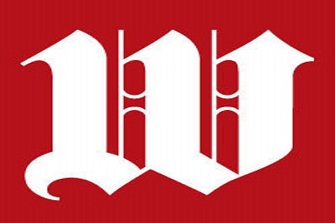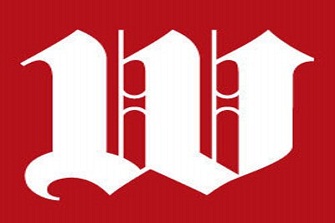
Sunni militants take aim at ‘soft’ Lebanon
BEIRUT — Sunni militants are moving into Lebanon from Iraq because they regard it as a soft target for terrorist attacks, a British government minister has warned.
Several cells, each with up to 12 members, are said to be operating out of the Palestinian refugee camp of Ein el-Hilweh in the southern Lebanese city of Sidon.
Kim Howells, senior foreign ministry official, spoke out about the danger posed by the emergence of new Sunni jihadists in Palestinian camps after a briefing by the commander of the 12,000-strong U.N. peacekeeping force.
“Some very dangerous people have arrived here from Iraq and other countries who are seasoned jihadists and who sense that they might get an easier ride here — and there might be softer targets for them in Lebanon,” Mr. Howells said.
Security has been stepped up outside the country’s 12 Palestinian refugee camps, which are home to about 400,000 refugees — mostly Sunnis.
But the camps are no-go areas for the Lebanese army. Internal security is handled by Palestinian political factions, with militant Sunni groups establishing themselves within the camps by exploiting Lebanon’s continuing political deadlock.
In Nahr al-Bared, a 30,000-strong refugee camp outside Tripoli in northern Lebanon, the Palestinian-born fugitive Shakir al-Abssi is developing his little-known Fatah al-Islam group while amassing an arsenal that includes explosives and rockets.
“It only takes a gun to shoot someone and cause a massive problem,” said Timur Goksel, who was for two decades a senior U.N. adviser in Lebanon.
Stridently disowned by the Palestinian Fatah Party of which it purports to be an offshoot, Fatah al-Islam raised concerns among Lebanese security officials late last year after reports that 200 of its members had infiltrated the Nahr al-Bared camp and the nearby Badawi camp.
Amid Lebanon’s worst political crisis since the 1975-90 civil war, there is a growing gulf between the Shi’ite-led opposition movement, spearheaded by Iranian-backed Hezbollah, and the Western-backed, Sunni-led government.
Sunni groups are reported to be funded by contributions from oil-rich Saudis, seeking to offset the influence of Hezbollah.
Jawad Adra, the managing partner of the Beirut-based independent research body Information International, said the increasing polarization was providing a breeding ground for anti-Western extremism in Sunni communities around Tripoli and Sidon.
“Western countries need to be careful that their political support for Lebanon’s Sunni leaders, to offset the supposed Shi’ite threat posed by Iran through Hezbollah, does not play into the hands of Sunni extremists,” Mr. Adra said.
“The growth of Sunni extremism, not just in the Palestinian camps but also in impoverished areas of Lebanon, is a ticking time bomb that is waiting to explode and could sweep all moderates out of its path.”
Related Media



